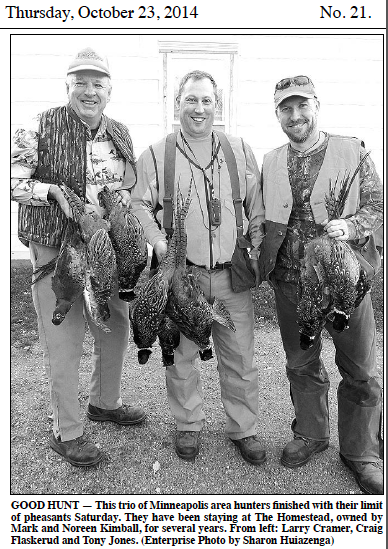As a blogger, one never knows. Most posts are crickets. Sometimes, a post captures the attention of an audience and goes a bit viral. That’s what happened to last week’s post about the three major Protestant seminaries in the Twin Cities (though the traffic to that post still paled in comparison to the previous posts on Driscoll and Pannenberg).
There’s been conversation online about that post, and a fair amount of criticism of what I wrote (you can see the pros and cons in the comments to the original post). Fair enough. Many have seen my bigger point that the seminary landscape is shifting, while some have taken issue with my numbers. It’s a fair criticism. But we’re all shooting in the dark a bit, since I’m using anecdotal evidence about this fall’s matriculations, and others are referring to publicly available data from past years, from the Association of Theological Schools (ATS).
The only way that we could really know about this year’s numbers is from the respective schools, so I reached out to each of the three schools and invited them to write a response. United Theological Seminary of the Twin Cities did not respond. Bethel Seminary wrote to tell me that my numbers were incorrect, but they did not send an official response. United Theological Seminary of the Twin Cities told me they would not be submitting an official response. Luther Seminary responded. The following is from Carrie Carroll, vice president of enrollment at Luther:
Thank you, Tony, for letting me respond to your latest blog post.
As the Vice President of Enrollment at Luther Seminary, I can provide you with our current enrollment numbers. Overall, we have around 650 students in our academic programs. We welcomed 120 new students this fall. The breakdown for our new students is: 88 in first theological degree programs (61 are M.Div., 27 are M.A.), two in the M.Th. program and 30 students who are taking one or more classes to meet a variety of vocational goals.
Are enrollment numbers down from the past? Yes. Were we expecting this due to national trends in theological education and the church? Yes. Are we working to respond to this new reality? Absolutely.
We have launched a new curriculum this fall that shortens the time to completion for our M.Div. students so that they can graduate with less debt. The new curriculum combines both classroom and contextual learning, and aims to prepare our graduates to lead the church and the world in an ever-changing, more diverse and more complex society.
In addition to our degree programs, Luther has a vibrant Lifelong Learning program. In order to help leaders stay current with the changing trends, we offer a number of courses for lay leader training, ongoing education for pastors and church staff, as well as numerous conferences throughout the year. We had nearly 4,000 participants in the past 12 months.
As we look ahead, we remain committed to our mission and are excited about the possibilities the future holds. As our new president Robin Steinke says, “Given the fast-paced changes and complexity of our world, it is clear that we need to do some things differently. One way is to collaborate with more people and organizations to fulfill our mission.”
We look forward to working with Bethel, United and many others to ensure we have well-equipped leaders to share the gospel around the world.
I thank Carrie for her response, and I, too, look forward to working with all three seminaries in future years.











